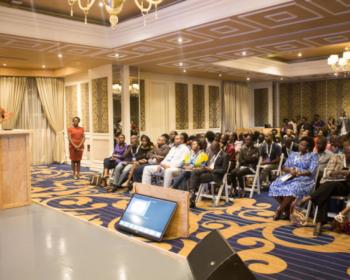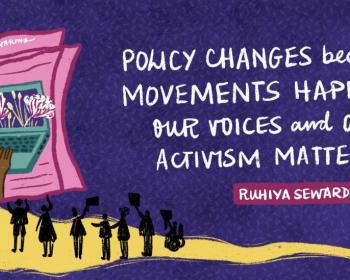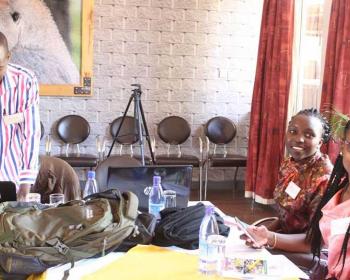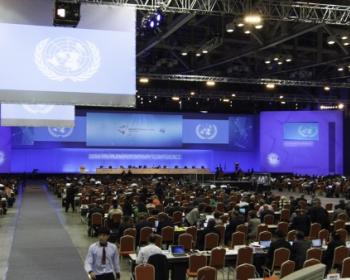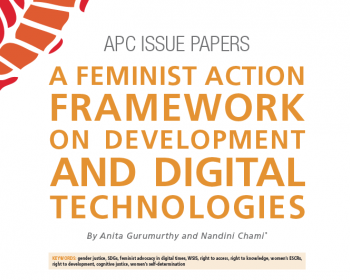ICT policy
A poor understanding of digital inequality continues to lead to inadequate and counterproductive policies. This column discusses six themes that could improve policymakers’ understanding of the nuances behind this persistent inequality and disconnect.
Technology is going to change faster than we can adapt to it or even understand it, and we are already seeing technological change outpace the capabilities of public policy. We need to adjust how we view and decide things so technology broadens our policy options rather than narrow them.
KICTANet held a virtual meeting to share the findings of its recent research on the extent to which the public participated in three recent policy and law-making processes related to information and communications technologies.
The aim of the project is to support state institutions and civil society organisations involved in overcoming gender-based violence on the internet, in identifying the right communication tone and methods to improve its effectiveness.
The Feminist Internet Research Network intentionally seeks to go beyond research to impact on policy and advocacy. But what should a feminist approach to policy shifts encompass, specifically coming from the global South?
On April 22, researcher and government critic Ravio Patra was arrested in Jakarta, Indonesia, not long after an attempt to protect his safety due to a WhatsApp privacy breach, prompting a larger discussion on the scale of authoritarian oppression in Indonesia.
In March 2020, the Communications Authority of Kenya invited comments on the Draft Dynamic Spectrum Access Framework for Authorisation of the Use of TV White Spaces. Five civil society organisations presented their comments with the common objective to help create a quality and affordable telecommunications service to all Kenyans, especially those in rural and underserved areas.
WOUGNET held a national local level conversation on the Feminist Principles of the Internet (FPIs) under a project funded by the UN Women Fund for Gender Equality, combined with a capacity-building activity funded under our Women’s Rights Online project.
In the past, US pundits have raised red flags over a quadrennial ITU conference they fear could lead to a "UN take over of the internet." The next ITU plenipotentiary conference takes place in the fall of 2018. Here's what to expect.
Through a feminist lens that brings together economic justice and gender justice concerns, this paper traces the key elements of the right to access, right to knowledge and right to development in the network society, and chalks out strategic directions for feminist advocacy in relation to ICTs.

Association for Progressive Communications (APC) 2022
Unless otherwise stated, content on the APC website is licensed under Creative Commons Attribution 4.0 International (CC BY 4.0)





